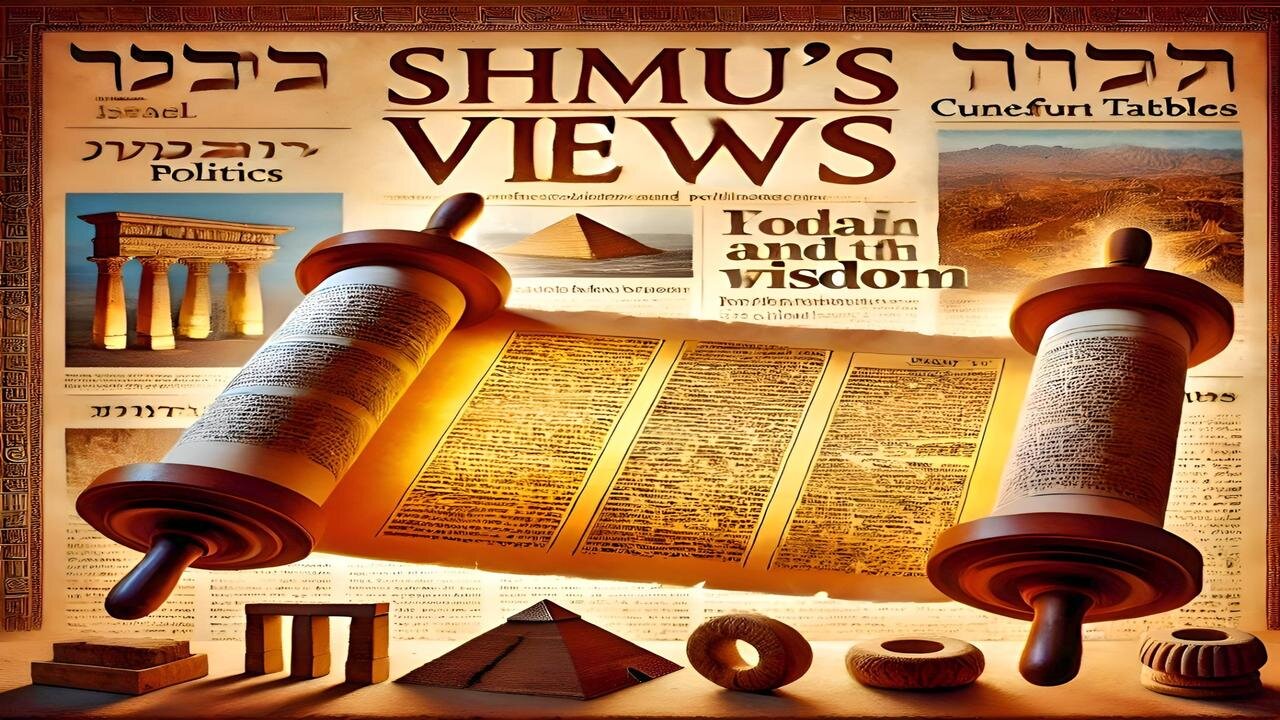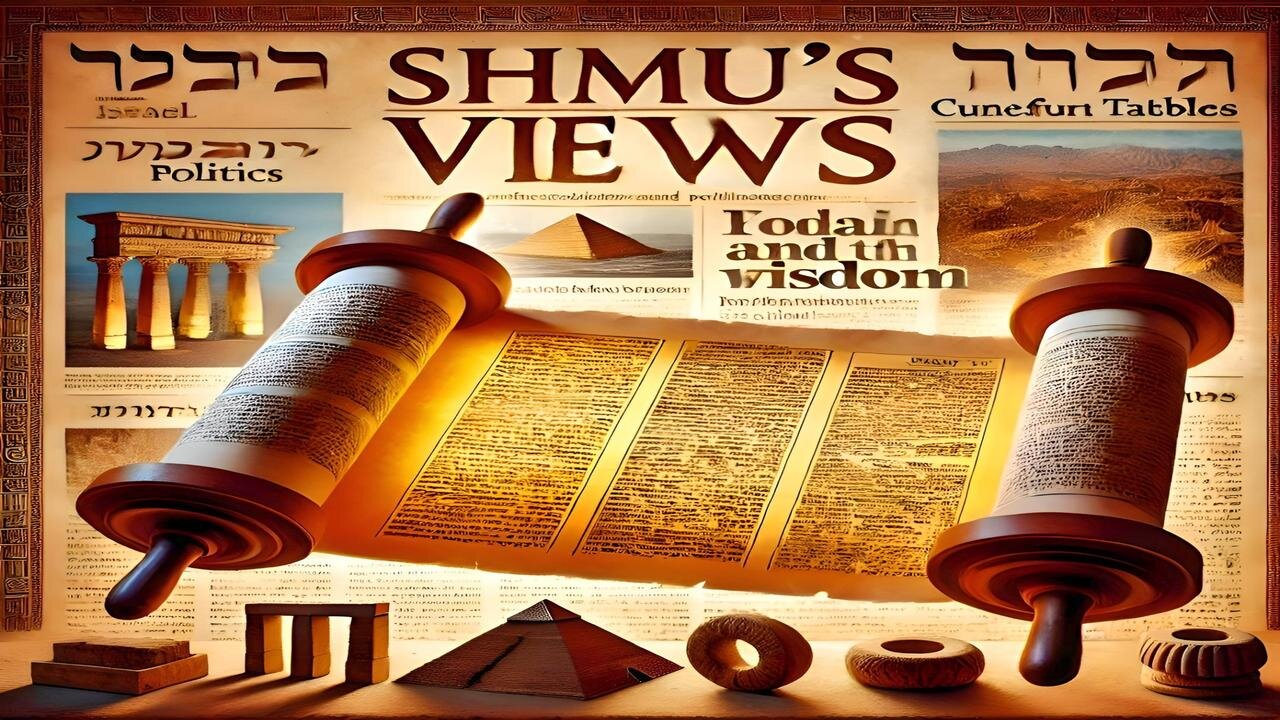
Shabbat! Why?
by: Shmuel ben Shalomi
Did you know thousands of years ago human beings worked 7 days a week for up to 12 hours per day?
The workers (everyone but the privileged priestly and ruling class) were placated to endure heavy labor by the introduction of beer. That's correct! People were paid in beer and bread. Bread to fill their stomachs and beer to numb their minds and bodies to the harsh labor inflicted on them by their particular Elohim (god/gods).
Then around 6,000 years ago in Sumer - modern day Iraq - Enlil and Enki (the two most powerful Elohim of the entire planet Earth) introduced the concept of a day of rest giving humans the option to take the opportunity to rest a day or they could continue working for the gods.
2,700 years later this idea of a day of rest became encoded into the Law of a nation called Israel from our Lawgiver Moshe Rabbeinu (our teacher) from the Hebrew's Elohim with the title YHVH. The Shabbat (the 7th day on the Jewish Calendar - Saturday) became a mandatory day of rest - a mitzvot (good deed), to be strictly adhered to.
Around 1600 years ago, with Christianity becoming the official religion of the Roman Empire, Saturday was eliminated as the non-Jewish world's day of rest and replaced by Sunday (the Day of the Sun [Ra-Sol Invictus] the oldest worshipped god in the non-Jewish pantheon).
Some 3,300 years later in 2024 CE Shabbat is still one of the main centerpieces of Rabbinical Judaism and has been showered over the centuries with much cultural and historical customs and adaptations.
Nearly every Shabbat custom associated with the day of rest has been pondered, studied, set in motion and practiced with emphasize placed on one or more particular instances of said observance and has been put forth by the Rabbis' over the last 3,300 years.
With that said......I wish you all a hardy Shabbat Shalom!

Parshat Naso is the longest single parsha in the Torah, clocking in at 176 verses. That’s Torah’s way of saying, “Hey, you might want to take a long , serious and contemplative look at what you’re about to learn.”
Also on Substack: https://substack.com/home/post/p-165229596?source=queue
The 613 Commandments of Torah: Part 18 - the Blog
https://shmusviews.blogspot.com/2026/03/the-613-commandments-of-torah-part-18.html















